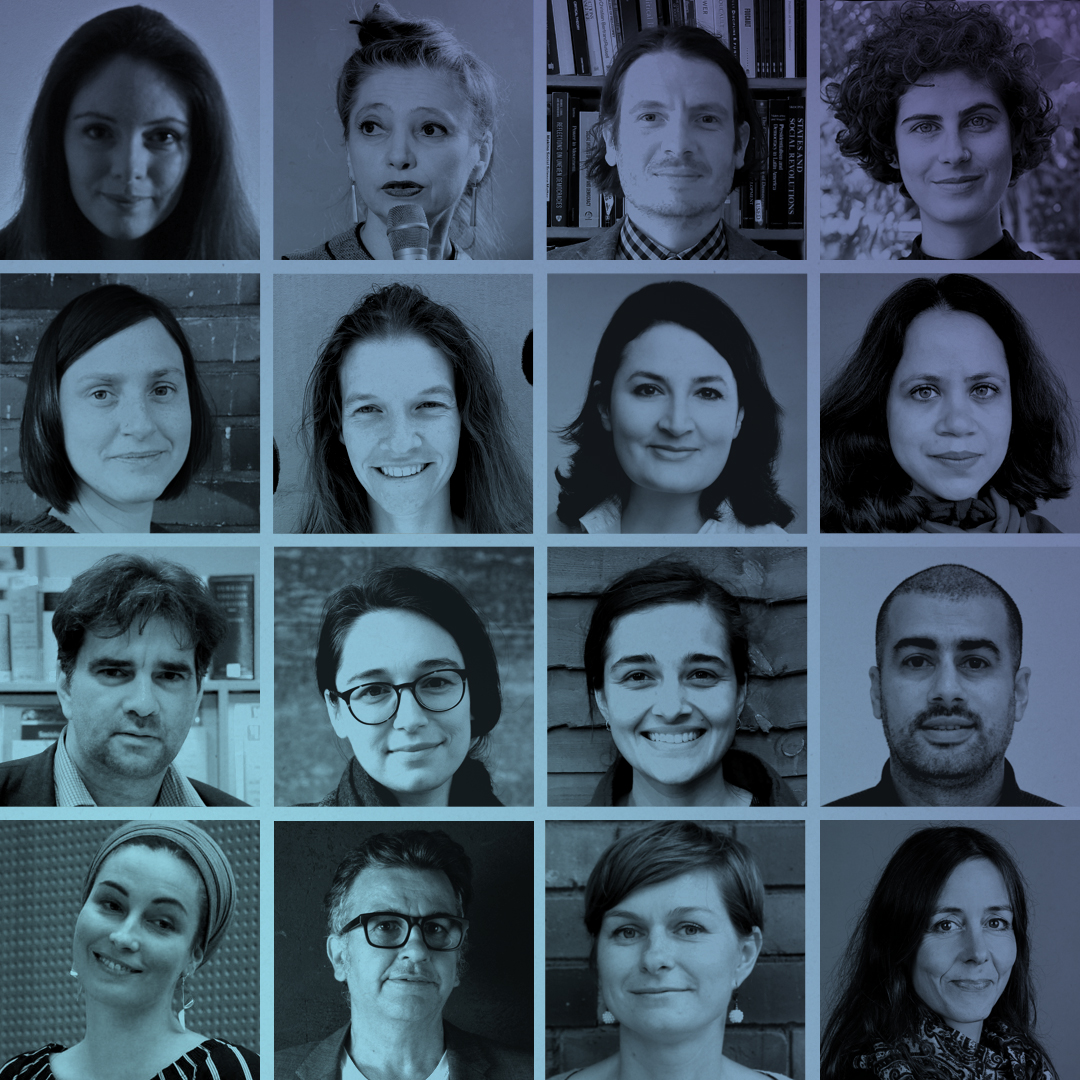
It was impossible to escape, but that was precisely why we insisted on escaping.
One of the main archival researchers on quilombo in Brazil, the historian and poet Maria Beatriz Nascimento stated: “no matter how much a social system dominates, it is possible to create a differential system and that is what quilombo is”. Following her poetic work, Streva’s investigation seeks to critically revisit the notion of “social cohesion” and “living together” today by proposing to assemble three main repertoires: (i) a dialogue between the Afrodiasporic thought tradition from Brazil and the Caribbean, especially focused but not limited to the works of Maria Beatriz Nascimento, Frantz Fanon and Sylvia Wynter; (ii) the Ubuntu philosophy and its manifestations in the Brazilian quilombo and the Caribbean marronage movements; and (iii) the ongoing tracing of fugitive routes from the inside of racial capitalism and the aquilombamento of representative democracy.




